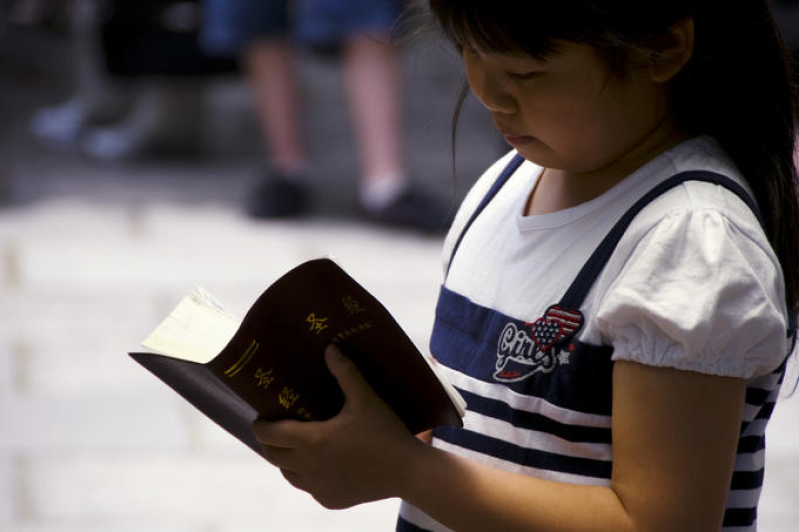
While worshipping, dozens of Christians -- including children -- were detained by police officers who raided a house church meeting in China's southern Guangdong province.
Wednesday evening, more than 20 officers broke into Zhongfu Wanmin Church approximately a half hour into their evening service and detained 31 church members, reports persecution watchdog China Aid. The church members attempted to take pictures of the raid, but officers confiscated all cell phones, ID cards, and bank cards.
"How could the police take away their bank cards?" a local pastor asked while recounting the events to a ChinaAid reporter. "This is a very recent [change in behavior for officers.]"
The pastor of the church, Li Peng, was beaten by police for attempting to take photos. He was detained with the 30 other members taken away from the church and interrogated overnight; however, while most of the detainees were released the following morning, Li was not.
Huang Xiaorui, Li's wife, went to the police station in the morning, but officers refused to give her information or let her visit Li.
"They didn't let me see my husband," Huang said. "I insisted that I was there for a justification. I wanted justice. I waited at the police station all morning, to no avail. The other brothers and sisters were released in different orders and each of them were questioned for a very long time. I myself was interrogated for more than an hour. The oldest believer they detained is a grandmother, more than 80 years old. There were also children [among the detainees.]"
China Aid reports that because an American couple and their two children in attendance at the meeting, authorities accused the church of "accommodating foreigners" and "illegally gathering" because the church was not a registered meeting place.
"We never 'accommodated' any foreigners," Huang said. "We live in Tangxia. A couple in our church are Americans, but they are registered as Hong Kong residents. They joined the Tangxia Church more than a decade ago, and they merely wanted to have a look at our church this Wednesday."
This is not the first time Zhongfu Wanmin Church has been targeted by authorities. In May and June of 2016, church members reported seven separate raids by authorities. During one incident, officers broke open the church's donation box and confiscated 2,888 Yuan (U.S. $439).
As reported by GH, in China, churches must be legally registered with their local governments, which this can only happen through the Protestant Three-Self Patriotic Movement or the Chinese Catholic Patriotic Association. Underground or unregistered churches are technically illegal in the country, and are thus often subject to raids and other forms of intimidation by local authorities. In some areas, local governments have shut down unregistered churches, citing such regulations.
Last month, about 40 house church pastors gathered for a "Unity in Christianity" event were locked in a room and questioned by authorities, who broke into the building and accused the pastors of "participating in illegal gatherings without government permission".
The country is ranked 39th on Open Door USA's World Watch List of countries where Christians face the most persecution.







